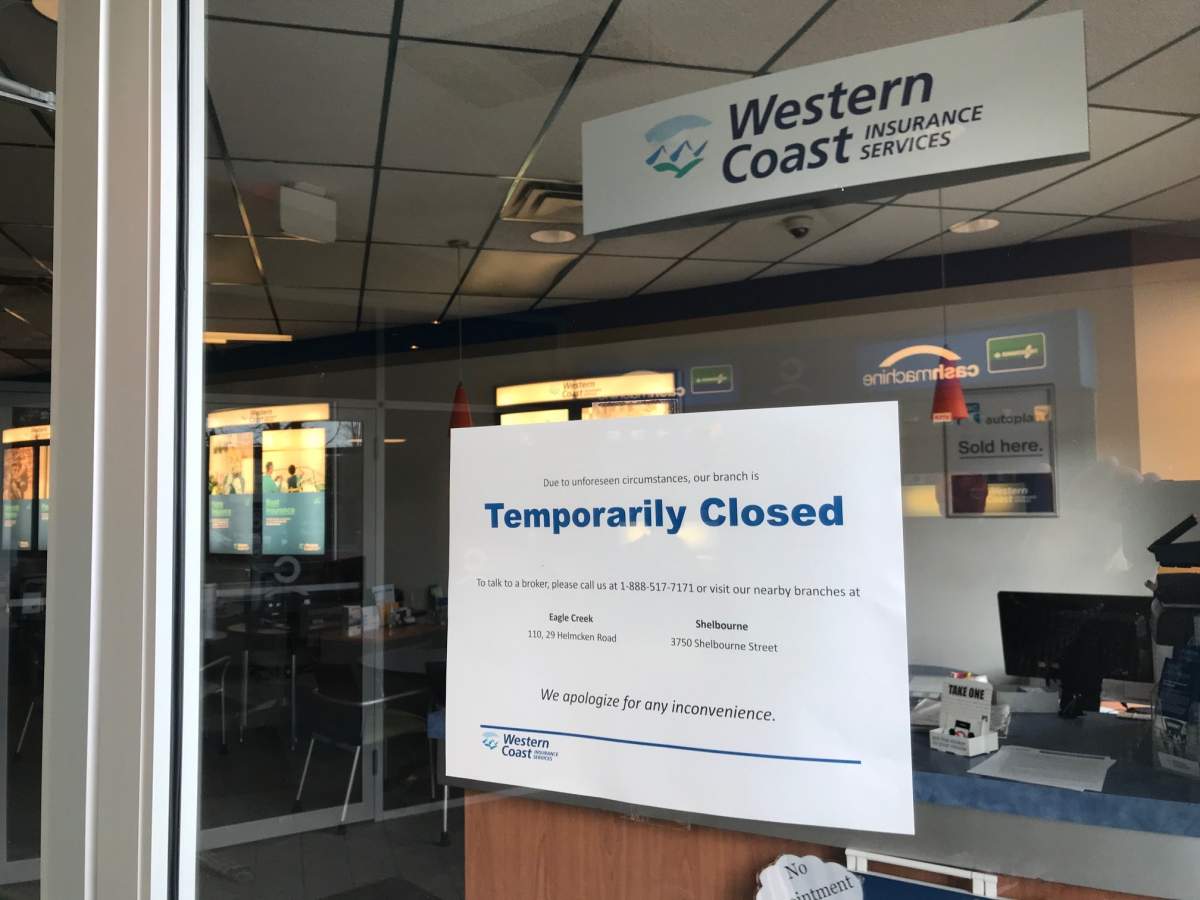British Columbia has tested more people for COVID-19 than the entire United States, B.C. Premier John Horgan said Friday.

The B.C. Centre for Disease Control (BC CDC) reported that it has tested 1,012 people for the virus as of Feb. 27, 2020. Seven cases of the virus have been confirmed.
According to the latest data from the United States Centers for Disease Control and Prevention, (CDC) the U.S. had tested 459 people.
“We were the first province to put together a response team,” said Horgan.
“We have tested more people in British Columbia than the entire United States.”

Horgan’s comments come as global concern continues to grow, with outbreaks in South Korea, Iran and Italy and world markets taking a beating.
The death toll of the virus in Iran is now in question, with the country maintaining that 12 people have died, while a lawmaker in the city of Qom — the Iranian eipicentre of the outbreak — claims it has reached 50.
In the United States, doctors with the CDC said Friday they expect an increase in the spread of the virus linked with the country’s first COVID-19 case with an unknown source, recently identified in California.
On Friday, President Donald Trump called the coronavirus the Democrats’ “new hoax,” while the CDC rushed to try and get testing kits to every state.

Pandemic preparations

Get daily National news
Dr. Srinivas Murthy, an associate professor in critical care at the UBC Faculty of Medicine and co-chair of the World Health Organization (WHO) clinical care response to the outbreak said Thursday was the first day that new COVID-19 cases in China were lower than outside the country.
Murthy said that while the WHO has yet to declare a pandemic, it is crucial that Canada and other countries begin preparing for the possibility of widespread transmission.

“We should be getting ready regardless,” he said. “We should be making sure people are vaccinated against the flu; we should be public messaging about hand washing.
“We should be checking our hospitals and family practice clinics to make sure they are ready to triage people.”
“Regardless of whether we say it’s a pandemic or not, the same preparedness activities should be going on.”

Murthy said WHO experts were working to more tightly nail down the virus’ incubation period to determine whether people do truly need to be isolated for 14 days when they come into possible contact with the virus.
“Figuring out exactly that number and its economic implications will be large, and that depends on how much community transmission happens in Canada,” he said.
If Canada is able to contain the virus, keeping the 14-day isolation period in place will be fine, he said.
“But if there’s ongoing community transmission then quarantining every exposure would not be feasible.”
B.C. Health Minister Adrian Dix said for the time being, the province’s main priority was still containment, which includes a very low threshold for testing potential cases.
Dix said the BC CDC had developed its own COVID-19 test before the province confirmed its first case, and that it has since conducted more testing than any province in the country.

But he said preparations were still underway for a potential pandemic.
“More than a month ago we formed our emergency response … which is leading this and connecting with all the health authorities,” he said.
“We’ve got to make sure in particular our front-line health workers are aware, know what they’re doing, know what to look for and can isolate cases as they come forward.”
Dix said B.C. already has an established pandemic response plan, which is being adapted to the specifics of COVID-19.
The plan covers a variety of public health actions, ranging from the distribution of antiviral medication and triaging to protecting healthcare facilities from outbreaks and supporting health care workers.
Business concerns and closures
Growing concerns about the potential spread of the virus have seen business operations at several sites shut down in B.C. out of “an abundance of caution.”
In Victoria, Coast Capital Savings closed its Broadmead Village branch on Tuesday after learning that a person at a neighbouring location had potentially been exposed to the coronavirus mid-February and was asked to self-isolate.
The credit union said it contacted Island Health, which said closing the branch wasn’t necessary, but that it shuttered the location just to be sure.
It said the person, who is not an employee, had since been cleared and that the branch had reopened.

In Burnaby, construction work at the City of Lougheed development was put on hold Friday for “precautionary reasons,” after a worker fell ill.
ITC Construction said there were no indications the illness was COVID-19-related.
“Yesterday a worker on the site presented with a fever,” said the company.
“Our team ensured that the individual received the appropriate medical attention immediately and we called B.C.’s Ministry of Health to provide assistance and lead the care and treatment process.”
At a Surrey Board of Trade event Friday, CEO Anita Huberman distributed crisis communication and planning packages to businesses to help them get ready for whatever may come.
“Not only a possible pandemic with the coronavirus, but to make sure businesses are well prepared in the event of an earthquake, flood, fire etc.,” she said.
“We do really want businesses to be prepared, we have issued these types of alerts before.”
-With files from Linda Aylesworth, Janet Brown and the Associated Press
- B.C. 2026 budget ‘neither’ big cuts nor tax increase, minister says
- Former Conservative leader John Rustad says he’s not running for his old job
- Parts of B.C.’s South Coast set to see snow-rain mix with ‘rapidly changing’ travel conditions
- Survivor of one of Canada’s first school shootings reflects on Tumbler Ridge grief









Comments
Want to discuss? Please read our Commenting Policy first.